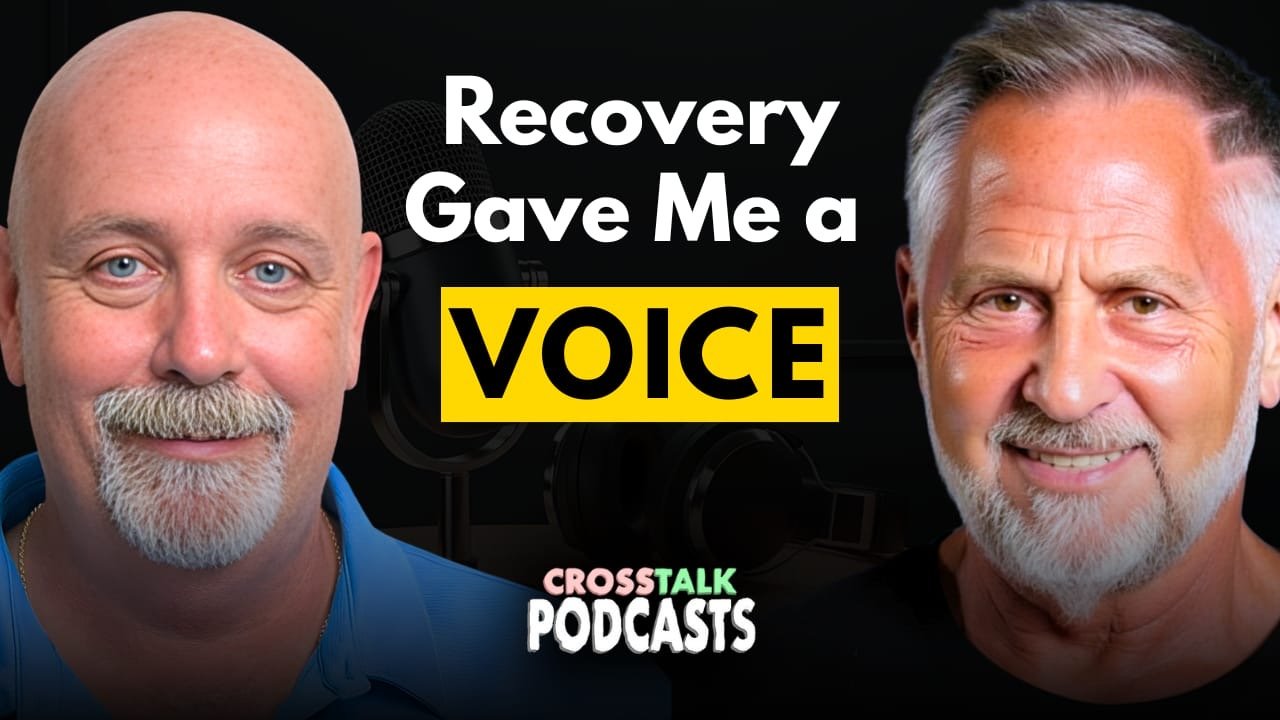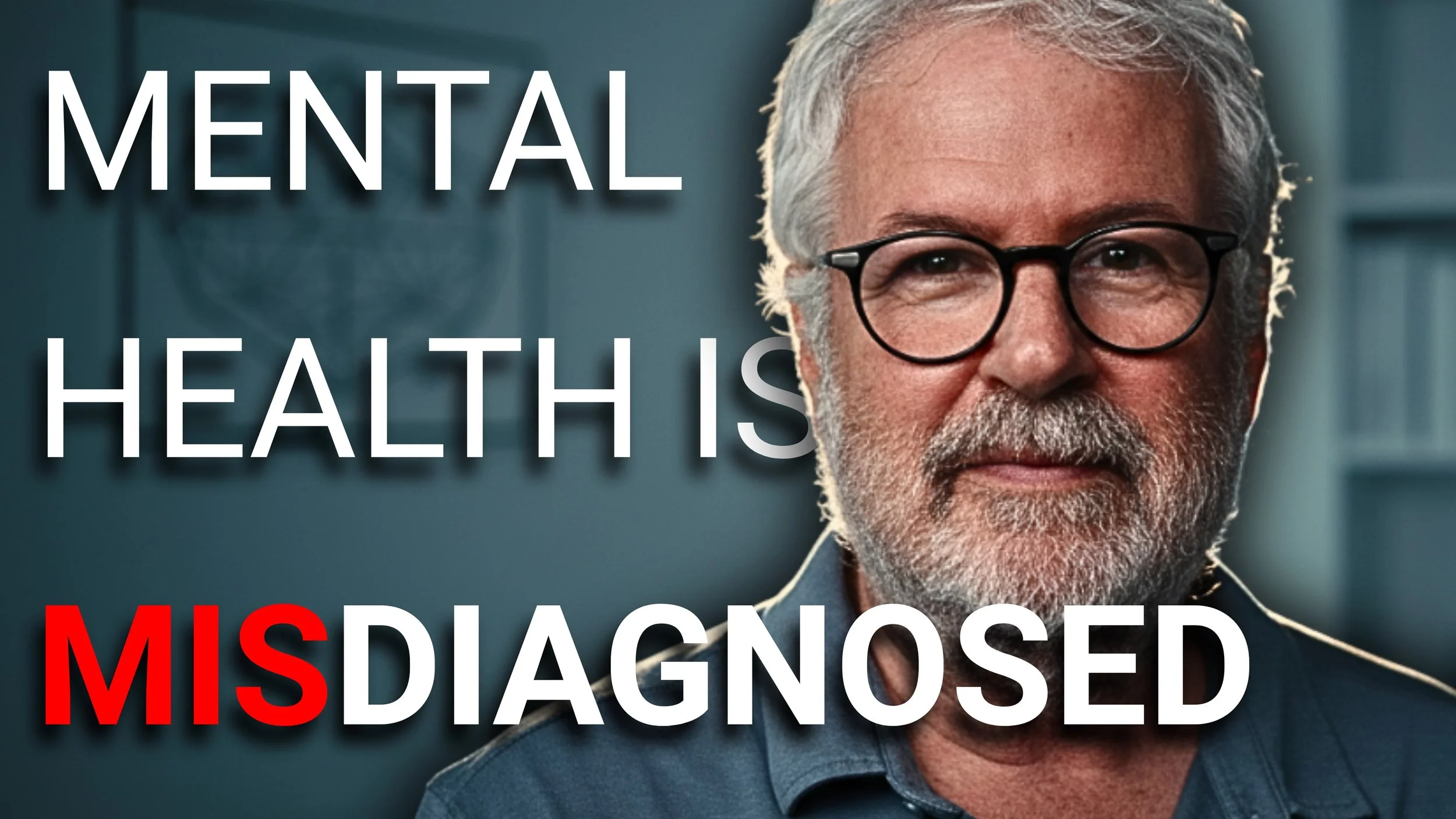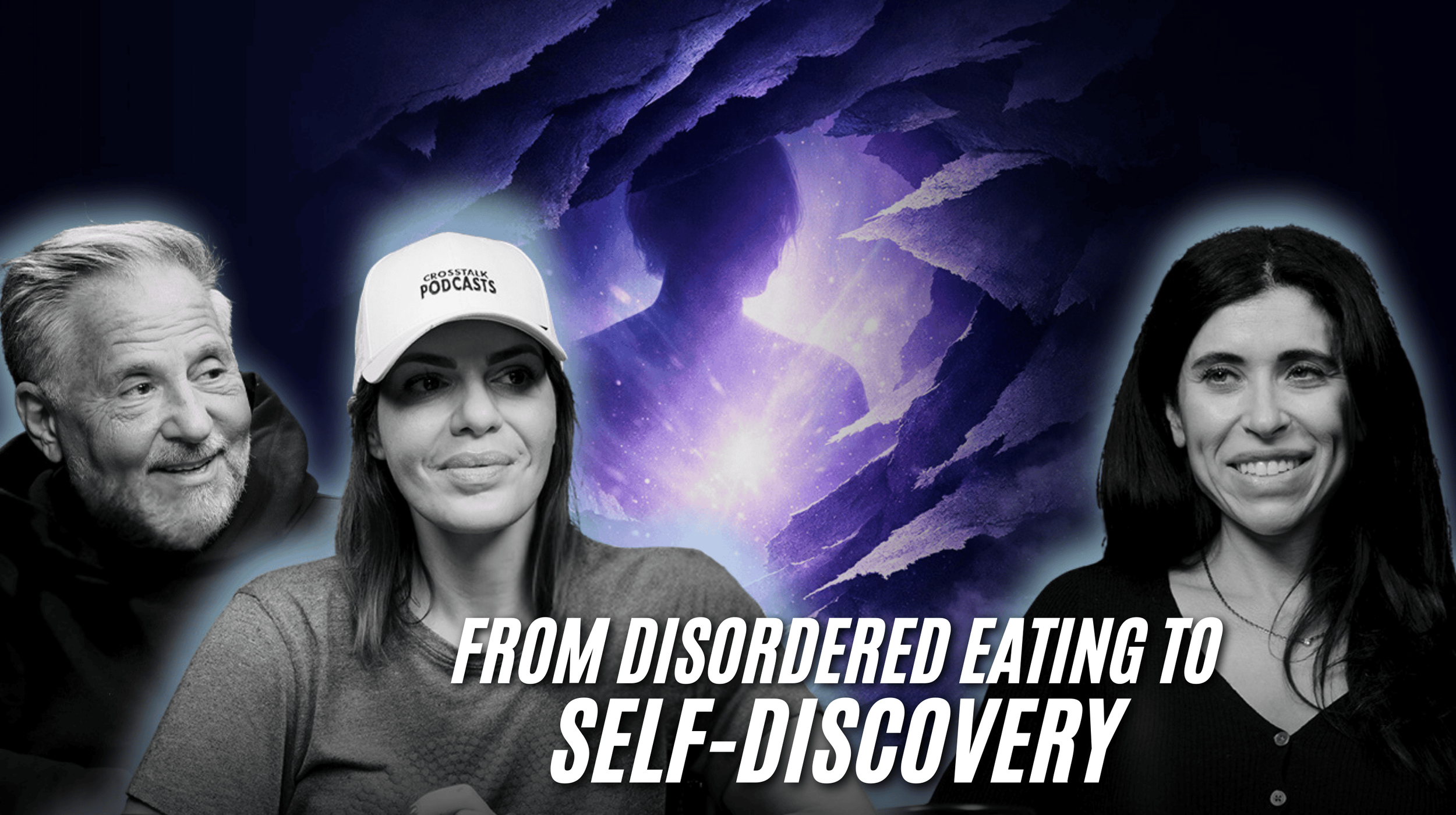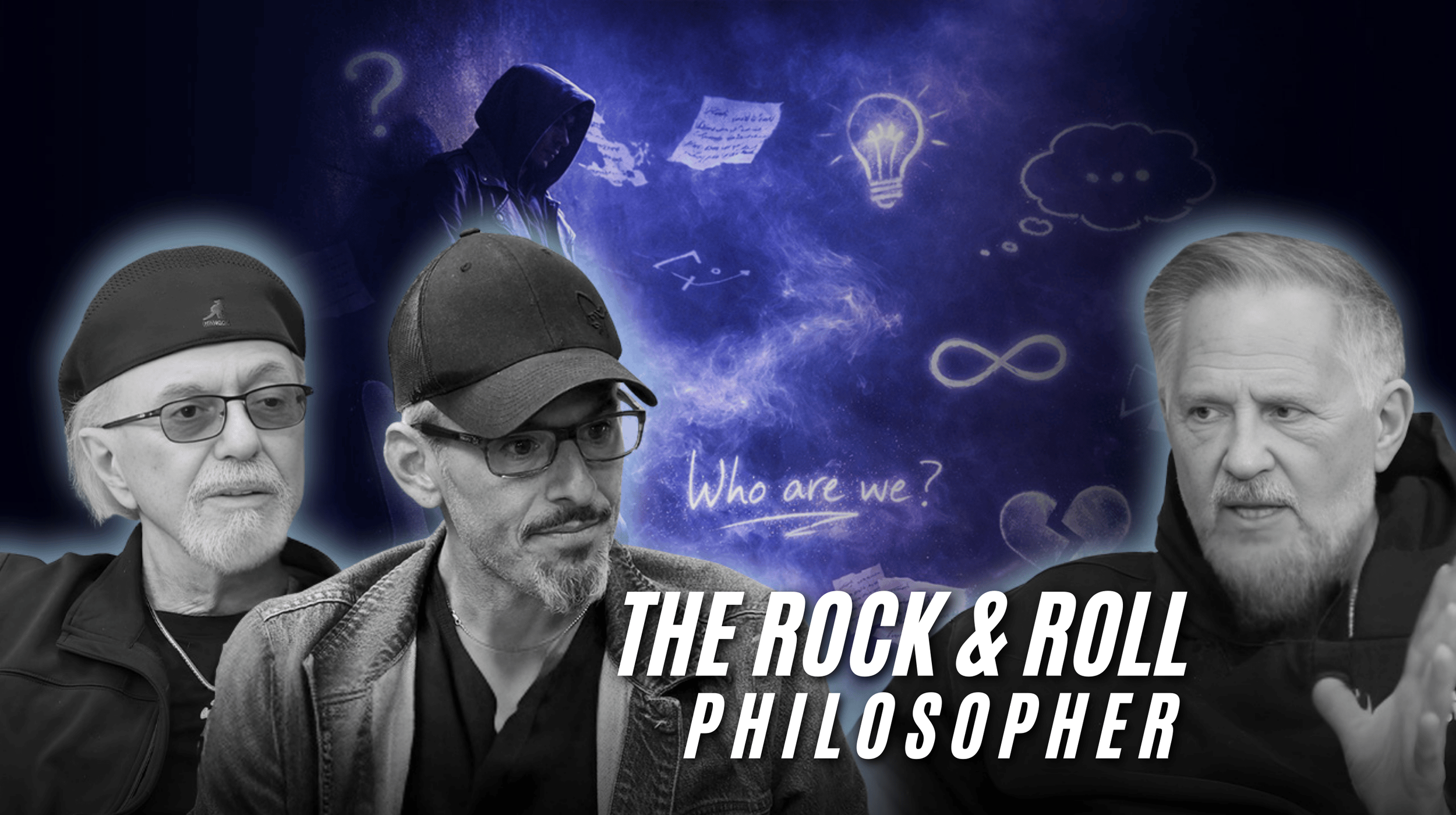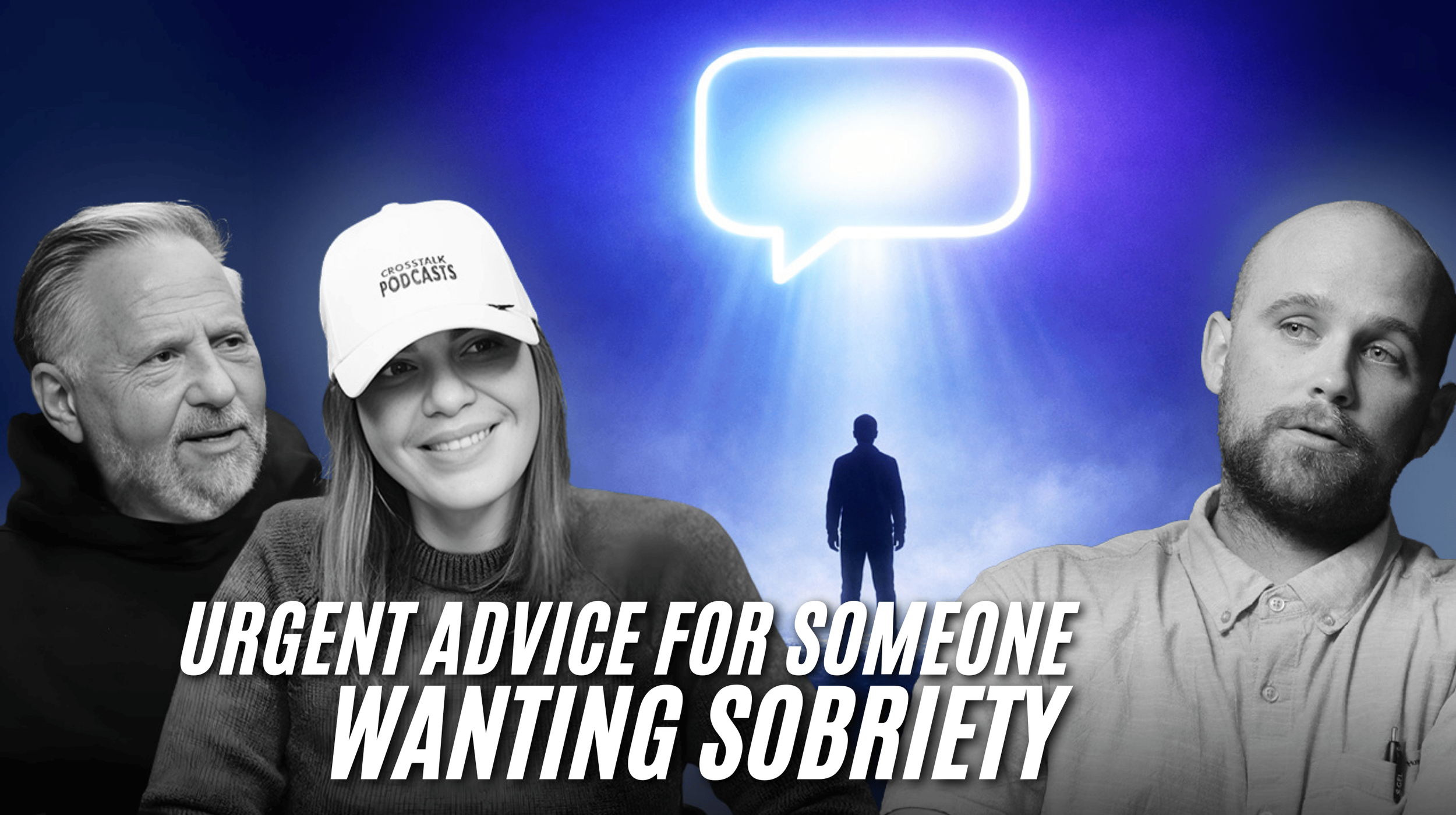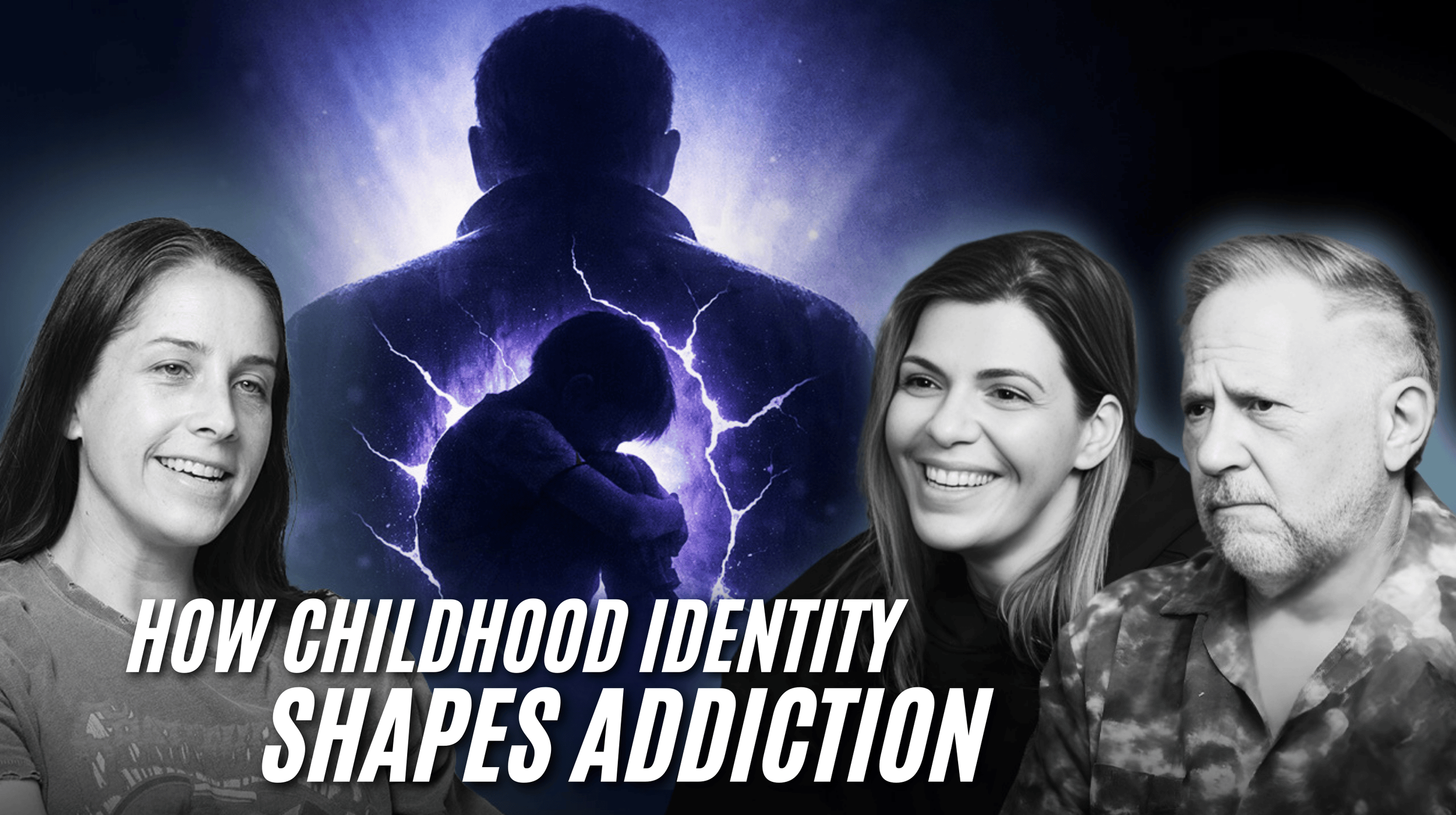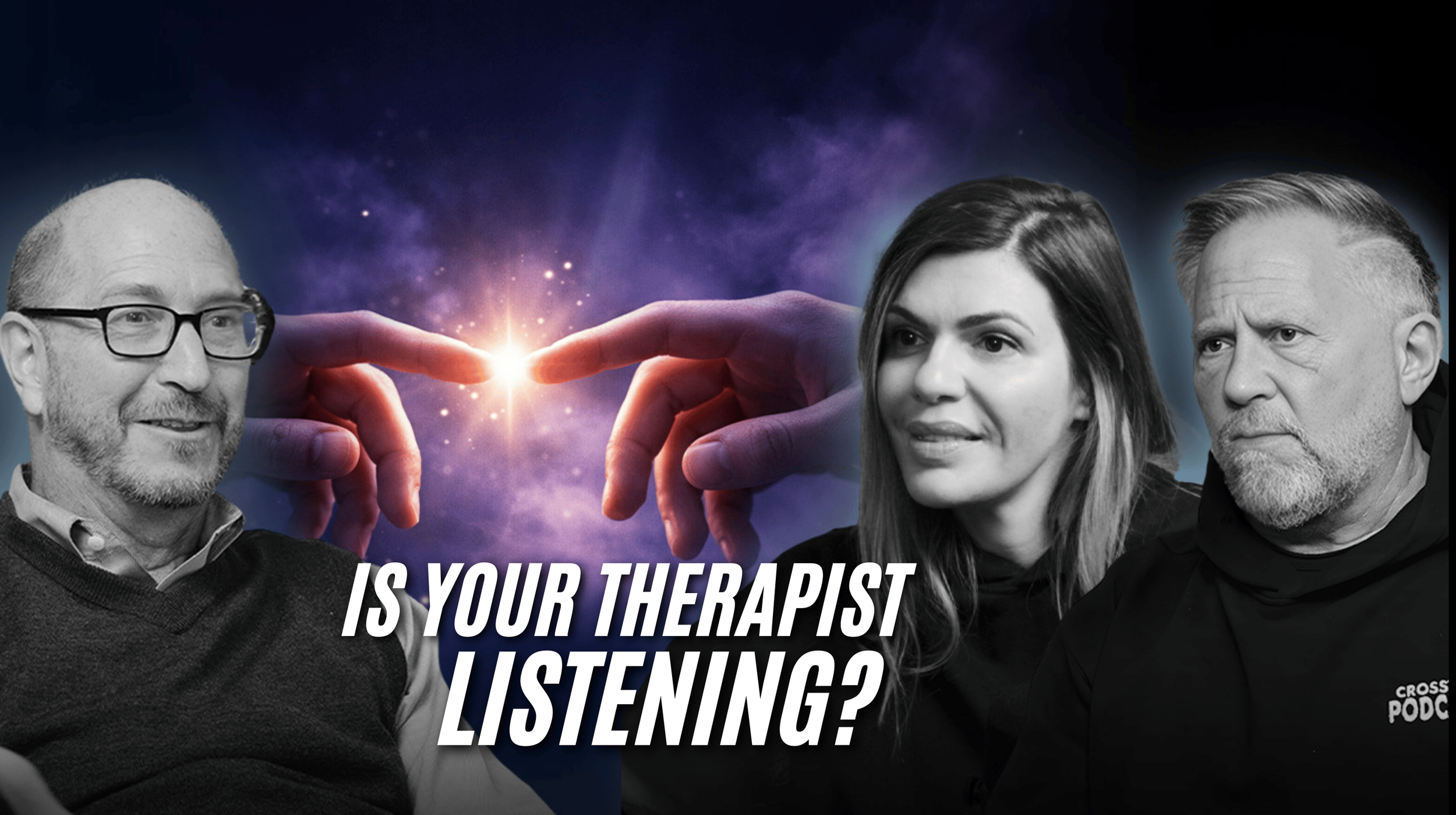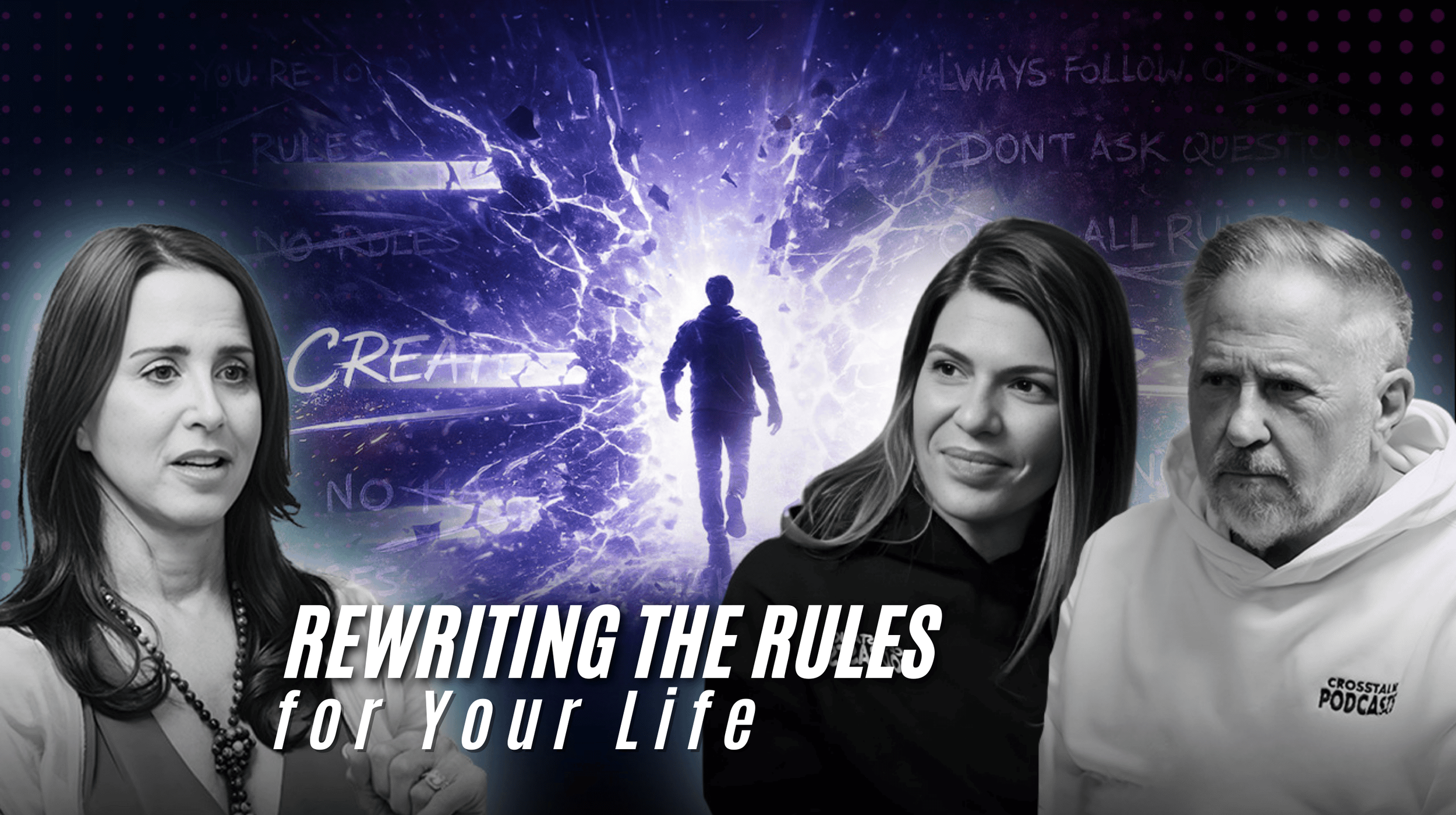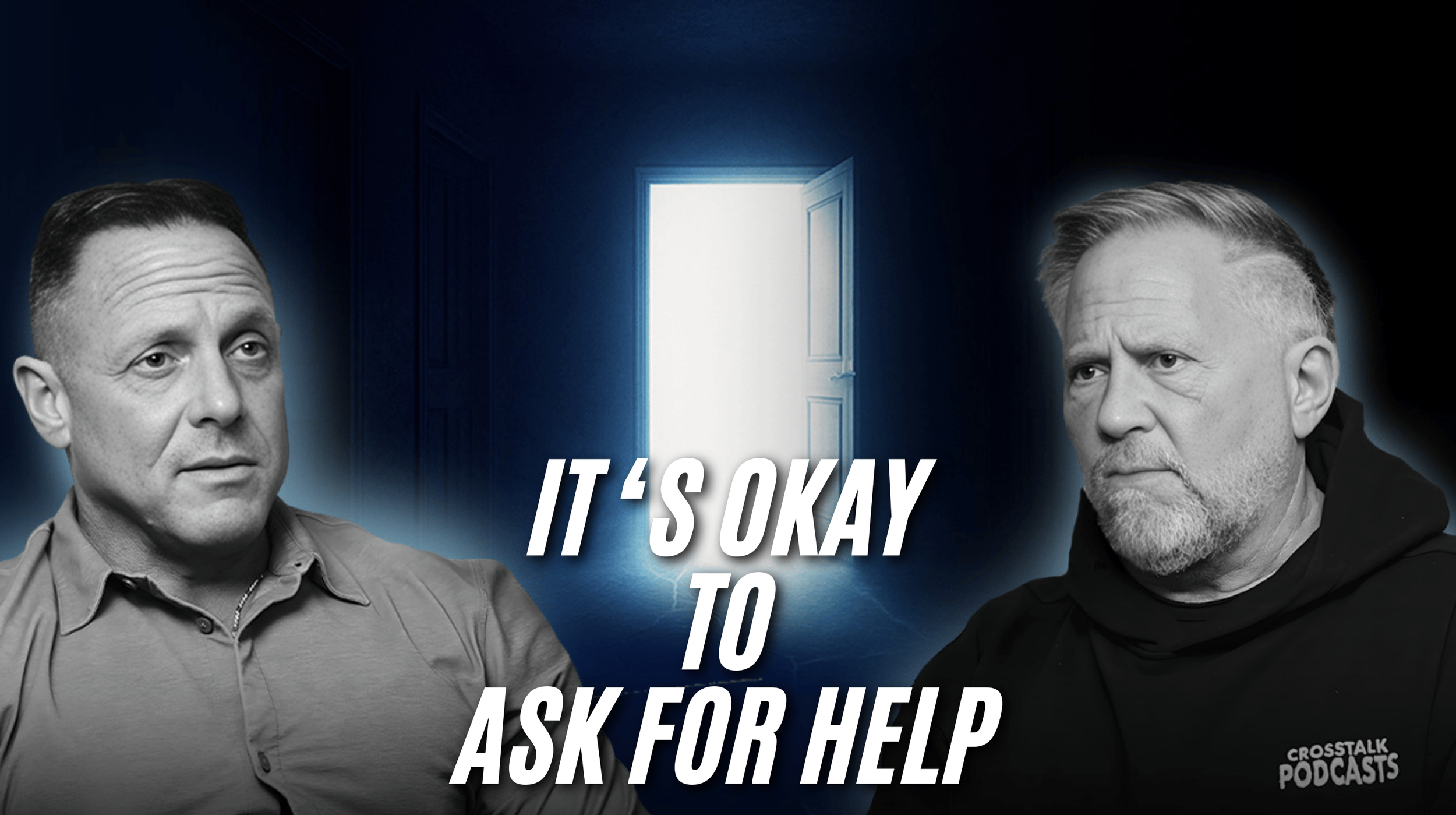CEO of CARON Shares How to Escape Life Of Addiction | John D.
Listen or watch on your favorite platforms
John Driscoll, CEO of the Caron Treatment Center, has spent decades fighting the addiction crisis. From his early days working in a Chicago homeless shelter to leading one of the nation’s top recovery centers, John shares the lessons he’s learned, the heartbreaking losses, and the victories that make it all worth it.
In this episode, John talks about addiction as a brain disease, the importance of structured treatment, and how he helped countless people rebuild their lives. His stories of women overcoming crack addiction, reuniting with their children, and finding hope are truly inspiring.
If you or someone you love is struggling with addiction, this episode offers insight, hope, and a reminder that recovery is possible.
Growing Up in a Complicated Home
John Driscoll’s childhood was seemingly ordinary, growing up in Michigan’s Upper Peninsula in a close-knit, working-class family. His father, a railroad engineer, and his mother, a nurse, provided a strong sense of structure and hard work. But beneath the surface, John always felt different. “I always felt like there was something wrong with me,” he recalls. His aunt, a missionary nun, often encouraged him to look beyond his immediate surroundings. However, feelings of self-doubt and a constant sense of not measuring up began to shape his internal world, planting the seeds for addiction long before he realized it.
The First Drink and the Escape It Brought
The first time John used was more than just experimentation; it was an escape. The substance provided instant relief from feelings of inadequacy and discomfort. “It made me feel whole,” he admits. But that fleeting relief came at a cost. His relationships began to shift as he prioritized using over genuine human connection. “Denial and minimization were my best friends,” he says. Over time, what once felt like a choice became a compulsion.
The Grip of Addiction
As his addiction progressed, John found himself trapped in a cycle of self-destruction. The consequences of his actions piled up, impacting his work, friendships, and self-respect. He describes this period as being in a constant state of survival, where the next high was his only priority. “I always told myself I hadn’t gone that far, but the reality was, I was losing everything.” He recalls moments of sheer desperation, lying to himself and others just to sustain the addiction.
Active Addiction - The Descent
Every person in recovery has a defining moment—a rock-bottom so painful that change becomes the only option. For John, it was the realization that his addiction had not only destroyed his personal life but was also taking away his ability to help others. “I looked in the mirror and couldn’t recognize the person staring back at me,” he shares. It wasn’t an overnight shift, but the pain became too great to ignore.
The Path to Recovery
John’s road to recovery started when he sought treatment at a respected recovery center. He immersed himself in a structured program, addressing not just his addiction but the root causes of his struggles. “Uncovering all those feelings, everything was lifted at that moment,” he explains. His journey involved therapy, self-reflection, and a commitment to breaking the cycle. He focused on accountability and finding purpose beyond substance use. The transformation wasn’t instant, but it was real.
Life today
Today, John is the CEO of a nationally respected treatment center, working to break the stigma of addiction and provide hope to others. “As long as you’re still breathing, there’s a chance for recovery,” he says. His life is now centered around helping others achieve sobriety and rediscover their purpose. He knows firsthand the pain of addiction, but also the joy of recovery. His message is simple: No matter how far you’ve fallen, you can rise again.
FAQs
What is the most common reason people hesitate to seek addiction treatment?
Stigma and fear of judgment often prevent individuals from seeking help, despite addiction being a treatable disease.
2. How does addiction affect family dynamics?
. Addiction can strain relationships, erode trust, and create co-dependency patterns that affect everyone involved.
3. What role does accountability play in recovery?
. Accountability is crucial in maintaining sobriety, as it fosters responsibility and encourages long-term behavioral change.
4. What are some effective methods of addiction recovery beyond 12-step programs?
. Therapy, medication-assisted treatment (MAT), holistic approaches, and structured residential programs are all viable options.
5. Can someone fully recover from addiction?
. While addiction is a lifelong challenge, recovery is absolutely possible with the right support, mindset, and dedication.
Related episodes
ABOUT CROSSTALK
CROSSTALK reveals real stories of everyday people and notable figures, sharing their journeys from struggles to life-changing 'aha' moments with all kinds .


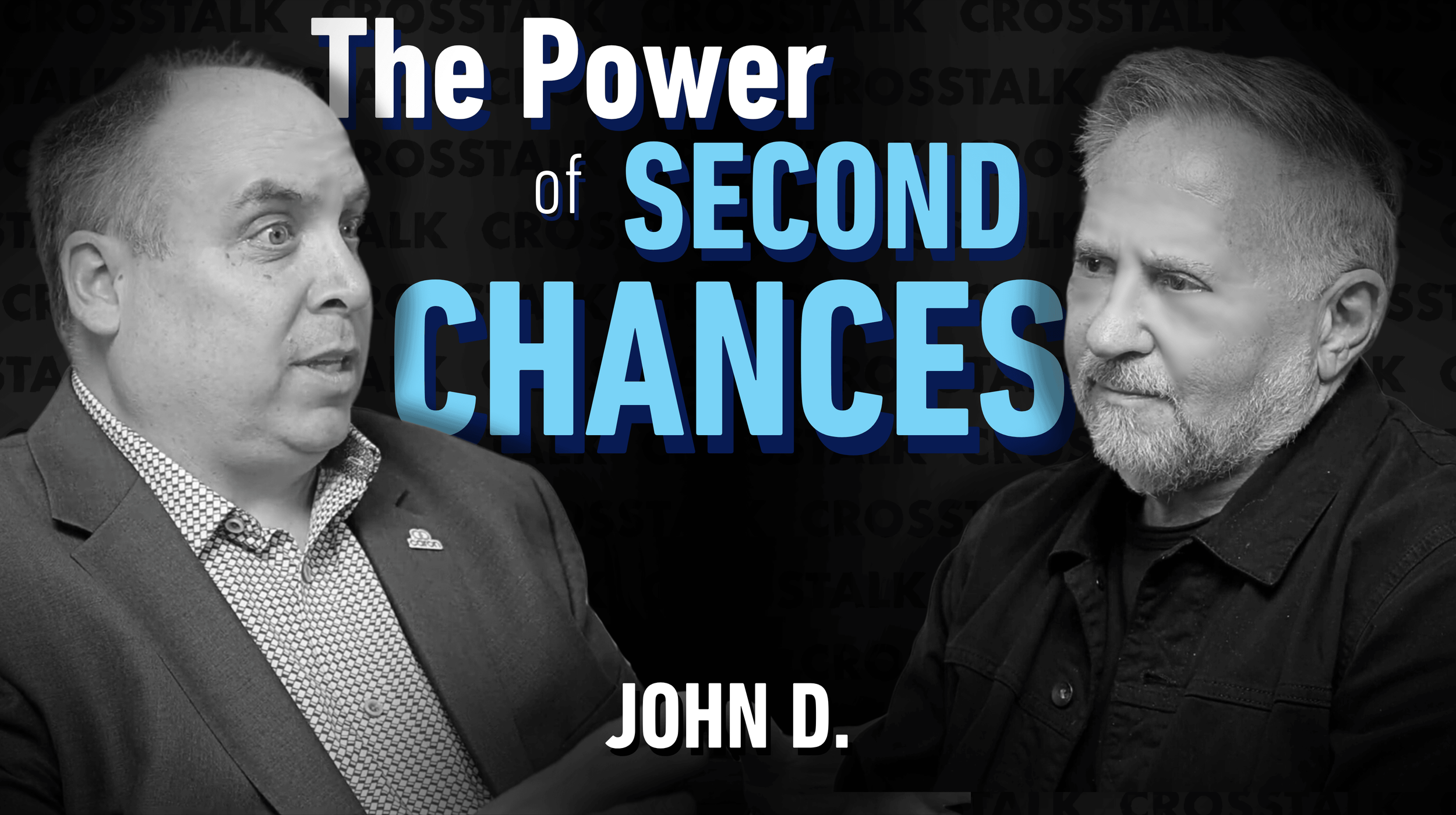
 Spotify
Spotify






